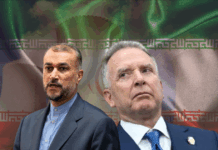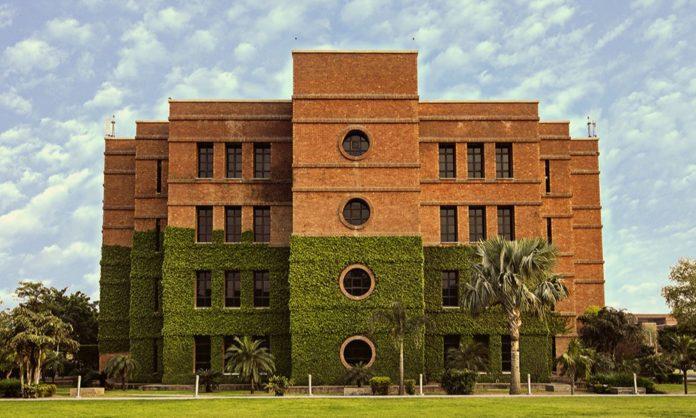Systemic bias against non-elite university graduates in hiring is a complex issue. Meanwhile, it has been a topic of concern in many countries especially in Pakistan. It refers to the phenomenon where individuals who graduate from prestigious or highly ranked universities are given preferential treatment in the hiring process compared to those who graduate from less prestigious institutions.
Top universities often have strong alumni networks and connections with influential individuals and organizations. Graduates from these institutions may have better access to job opportunities through networking, referrals, and alumni support. This is known as one of the major factors why systemic bias against non-elite university graduates exists. Graduates from elite universities often enjoy certain advantages in the hiring process. Mainly, due to the perceived reputation and prestige associated with these institutions.
Why It Is An Actual Concern?
The concern lies in the systemic bias that can exclude talented individuals from non-elite universities who may possess equal or even superior qualifications and skills. It perpetuates social inequalities, limits diversity in the workforce, and hampers opportunities for individuals from disadvantaged backgrounds.

The impact of this systemic bias can be detrimental to non-elite university graduates. Who may possess equal or even superior skills and qualifications compared to their elite counterparts. It perpetuates social inequalities and limits opportunities for individuals who may come from disadvantaged backgrounds or who chose to attend less prestigious universities due to financial constraints or other personal reasons.
Read More: Italian Government Is Offering Scholarships For International Students
Why The Concern Must Be Addressed?
Addressing bias against non-elite university graduates is crucial for creating a more equitable society, promoting social mobility, fostering diversity, and harnessing the full potential of talented individuals from all educational backgrounds. It requires a concerted effort to challenge stereotypes, broaden hiring criteria, and recognize the value of skills, experiences, and accomplishments beyond institutional prestige.

Read More: Sindh Government Offering Exciting Scholarships For Teachers
The goal should be to ensure a fair and merit-based hiring process that considers the qualifications and abilities of candidates from all educational backgrounds, rather than relying solely on the prestige of their alma mater.
Stay tuned to Brandsynario for the latest news and updates.



































